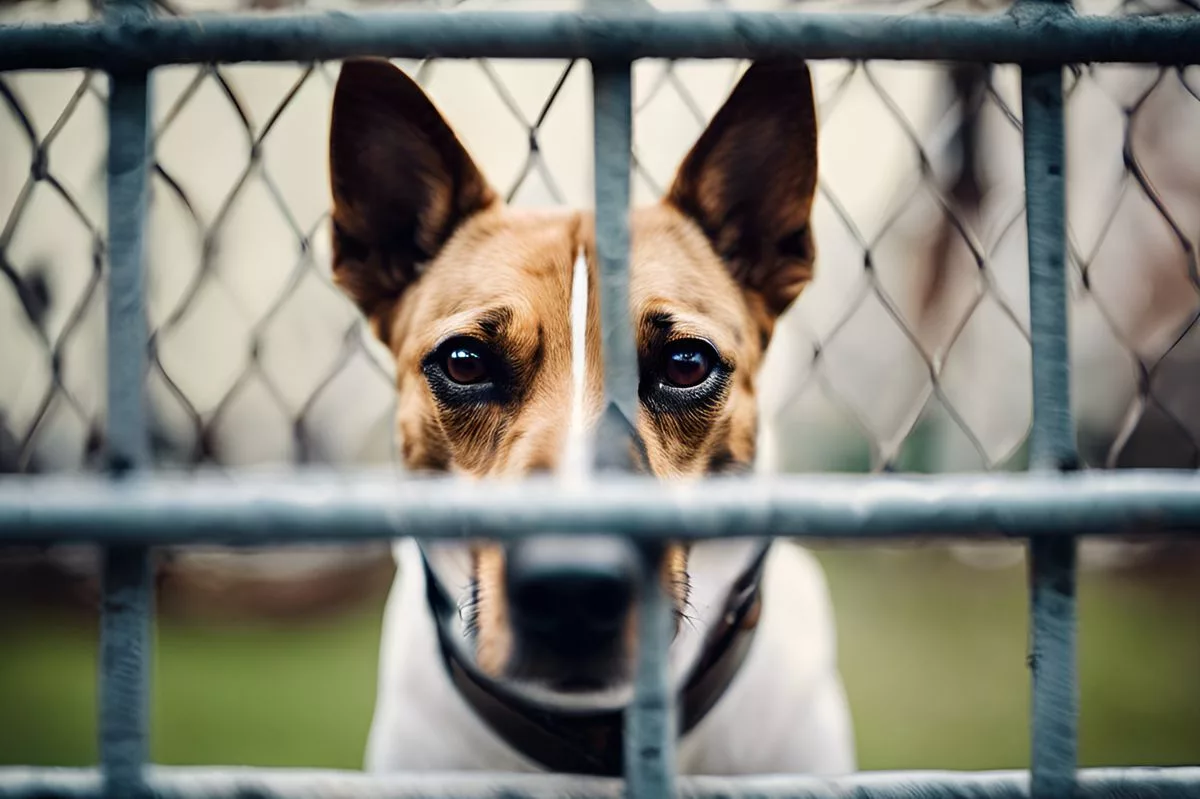Rabies is a deadly viral disease that can be transmitted from animals to humans through saliva. The recent outbreak in Capri has prompted officials to take swift action. To prevent the spread of the disease, pet owners should keep their pets’ vaccinations up to date, observe any unusual behavior in their pets, and avoid contact with stray animals displaying signs of aggression or disease. If bitten or scratched, the wound should be immediately cleansed with soap and water for fifteen minutes, and medical assistance sought. The constant threat of rabies in South Africa highlights the importance of proactivity and vigilance in prevention.
What is rabies and how can it be prevented?
Rabies is a deadly viral disease that can be transmitted from animals to humans through saliva, often through bites or scratches. Symptoms include aggression, excessive drooling, paralysis, and difficulty swallowing. Vaccination is the most potent defense against rabies. Pet owners should remain vigilant for any deviations in their pets’ behavior or demeanour, steer clear of stray animals, and promptly report any suspected instances of rabies to the local state veterinarian. In the unfortunate circumstance of being bitten or scratched by a presumed rabid animal, the immediate reaction should be to cleanse the wound with soap and water for a quarter of an hour, then seek medical assistance.
A Sudden Disturbance in Capri’s Tranquility
Nestled on the Cape Peninsula, the peaceful community of Capri recently faced an unsettling development that shattered its typical tranquility. A confirmed case of rabies, with another under investigation, has surfaced amongst the local dog population. This unusual incident in the Western Cape has prompted immediate action from officials of the City of Cape Town and the Western Cape government. Entrusted with the responsibility of overseeing and addressing this precarious situation, they have swiftly responded.
Rabies, an extremely infectious viral disease, possesses the ability to breach the species barrier, jumping from animals to humans. This deadly disease, when left untreated, can lead to a severe illness that often results in death. The virus, present in saliva, can infiltrate the human body through bites, scratches, or even licks on damaged skin or mucous membranes. The recent outbreak in Capri involved two dogs from the same household, necessitating their unfortunate euthanization to hinder the spread of this perilous disease.
The Imperative of Public Compliance
In light of this grave situation, it’s crucial for the public to maintain vigilance, particularly by observing any unusual behavioural changes in animals, most notably dogs. Essential signs to be aware of include aggression, excessive drooling, paralysis, and difficulty swallowing. The appearance of these symptoms should prompt an immediate call to the local state veterinarian.
To ensure the community’s safety, a proactive approach is necessary, which includes adherence to a few crucial measures:
-
Close observation of pets: Unusual behavior in dogs might signal early signs of rabies. Pet owners should remain vigilant for any deviations in their pets’ behavior or demeanour.
-
Regular rabies vaccinations: Vaccination is the most potent defense against rabies. Keeping your dogs’ rabies vaccinations up to date is vital not only for their health but also for the protection of the broader community.
-
Steer clear of stray animals: For safety reasons, contact with stray or wild animals should be avoided. Animals displaying signs of aggression or disease should not be handled or approached.
-
Prompt reporting of suspected cases: A successful community response involves promptly reporting any suspected instances of rabies to the local state veterinarian.
What to Do If Bitten or Scratched
In the unfortunate circumstance of being bitten or scratched by a presumed rabid animal, the immediate reaction should be to cleanse the wound with soap and water for a quarter of an hour, then seek medical assistance. The ensuing medical evaluation may result in post-exposure prophylaxis, encompassing a series of rabies vaccinations and possibly rabies immunoglobulins (RIG), relative to the wound’s severity.
The Constant Threat of Rabies in South Africa
Rabies, a zoonotic disease, poses a persistent threat in South Africa, with frequent carriers comprising honey badgers, bat-eared foxes, jackals, meerkats, mongooses, and both feral and domestic cats and dogs. Due to the severity of the disease and the importance of prevention, South African law necessitates the rabies vaccination of domestic dogs and cats.
The Role of Proactivity and Vigilance in Prevention
Though the threat of rabies is continuously present, there is hope in the fact that the disease is highly preventable through vaccination. As the community of Capri grapples with this recent outbreak, the broader message for the public is to remain alert and proactive. By being vigilant, keeping vaccinations up to date, and promptly reporting any suspicious animal behavior, the public can significantly contribute to reducing the risk of rabies and ensuring communal safety.
What is rabies and how is it transmitted?
Rabies is a deadly viral disease that can be transmitted from animals to humans through saliva, often through bites or scratches. The virus can also enter the body through exposed skin or mucous membranes.
What are the symptoms of rabies and how can it be treated?
Symptoms of rabies include aggression, excessive drooling, paralysis, and difficulty swallowing. The best prevention against rabies is vaccination. If bitten or scratched by a presumed rabid animal, immediate action should be taken to cleanse the wound with soap and water for fifteen minutes, followed by seeking medical assistance. Post-exposure prophylaxis may include a series of rabies vaccinations and possibly rabies immunoglobulins, depending on the severity of the wound.
What should pet owners do to prevent rabies?
Pet owners should keep their pets’ vaccinations up to date, observe any unusual behavior in their pets, and avoid contact with stray animals displaying signs of aggression or disease. It is also important to promptly report any suspected cases of rabies to the local state veterinarian.
What should be done in case of an outbreak of rabies?
In case of an outbreak of rabies, prompt action should be taken by officials to prevent the spread of the disease. The public should remain vigilant and report any suspicious behavior in animals to the local state veterinarian. Pet owners should ensure their pets’ vaccinations are up to date.
What is the threat of rabies in South Africa?
Rabies poses a persistent threat in South Africa, with frequent carriers including honey badgers, bat-eared foxes, jackals, meerkats, mongooses, and both feral and domestic cats and dogs. South African law requires the rabies vaccination of domestic dogs and cats.
What is the role of proactivity and vigilance in preventing rabies?
The threat of rabies is constant, but the disease is highly preventable through vaccination. By remaining vigilant, keeping vaccinations up to date, and promptly reporting any suspicious animal behavior, the public can significantly contribute to reducing the risk of rabies and ensuring communal safety.












